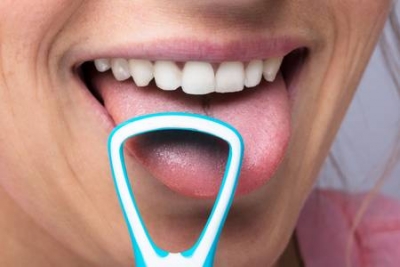
Struggling with bad breath? You’re not alone.
Most of you reading this may already know that protecting your skin from the sun is essential to slowing down ageing. However, have you considered whether or not sun exposure may also cause damage to your lips, teeth, and gum?
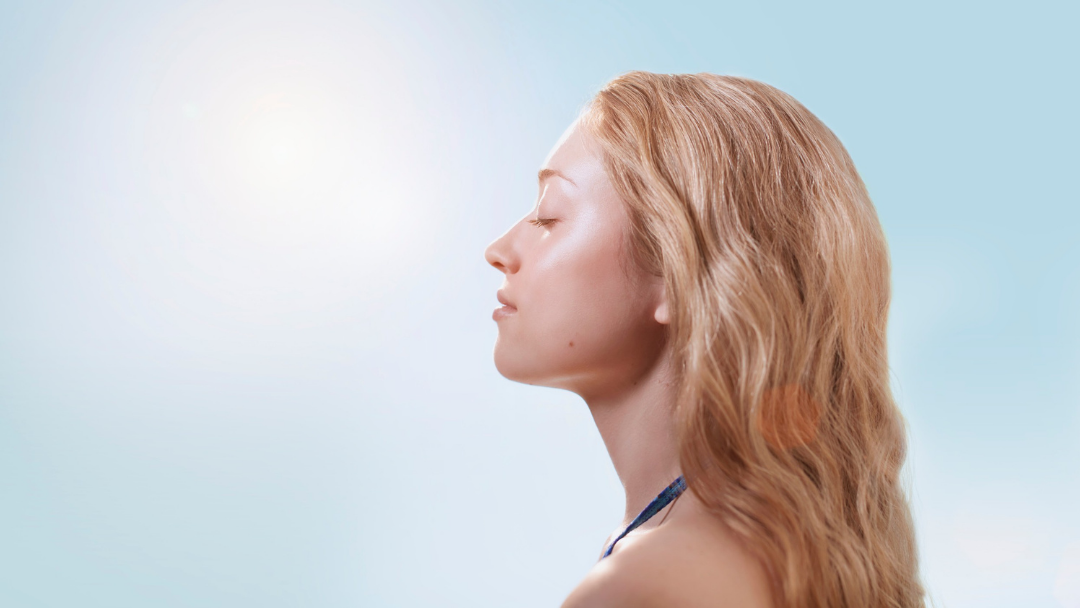
Given that Australia has some of the highest UV levels in the world, applying sunscreen to your lips can be important in Australia. But how does the sun affect your mouth including teeth and gums and what can you do to enhance your oral health?
Use this guide to understand how sun exposure affects your lips and mouth and learn a few easy ways to keep your overall oral health, healthy.
From our lips to our gums, and even our teeth, excessive sun exposure and ultraviolet (UV) rays can have a range of impacts, some of which might surprise you.
Here’s a breakdown of how sun exposure affects each part of your mouth and why sun protection is crucial.
Our lips are one of the most vulnerable areas of the mouth when it comes to UV exposure. Unlike other parts of the body, they have minimal melanin, which means they lack natural UV protection. Without proper care, our lips may suffer from:
| Sunburned lips | Lips are highly susceptible to UVA and UVB rays. UVA rays cause collagen breakdown and premature ageing, while UVB rays lead to sunburn, chapping, and increased lip cancer risk. Prolonged exposure results in dryness, cracking, and long-term damage. |
| Dehydrated lips | Frequent sun exposure dehydrates lips, leading to dryness, chapping, and increased vulnerability to sores. |
| Crusty and dry spotted lips | Known as actinic cheilitis or “farmer’s lip,” long-term sun exposure causes scaly, rough patches, particularly on the lower lip, and heightens lip cancer risk if untreated. |
| Lip cancer | UV exposure increases lip cancer risk, especially on the lower lip. Risk can be reduced by using SPF >15 lip balms and avoiding tanning beds. |
Indirectly, your teeth may be impacted by sun exposure and UV rays. Long-term sun exposure to your mouth may lead to:
| Teeth colour change | Reduced saliva from dehydration allows food particles and bacteria to accumulate, leading to staining and discolouration. |
| Teeth cavities | Reduced saliva encourages bacterial growth, which releases acids that erode enamel, causing yellowing, sensitivity, and cavities. |
| Increased sensitivity of whitened teeth | UV or LED lights in teeth whitening treatments can temporarily increase sensitivity. Staying hydrated and avoiding sunlight post-treatment helps minimise this. |
Just like your teeth, your gums are also prone to the effects of sun exposure and UV rays, but indirectly via the surrounding tissues lining the inner aspect of your mouth. This may lead to:
| Dry gums | Loss of moisture in the mouth due to UV exposure decreases saliva flow, increasing plaque buildup and risks of gum diseases like gingivitis and periodontitis. |
| Infected/inflamed gum | A dry mouth can lead to gum inflammation, infection, and recession, potentially causing tooth loss if untreated. |
If you’ve experienced any of the issues mentioned, such as dry mouth, sunburned lips, or increased sensitivity in your teeth, it’s important to take action. Book a general consult with Smile Place today, where our experienced team can provide personalised guidance and solutions to protect your oral health.
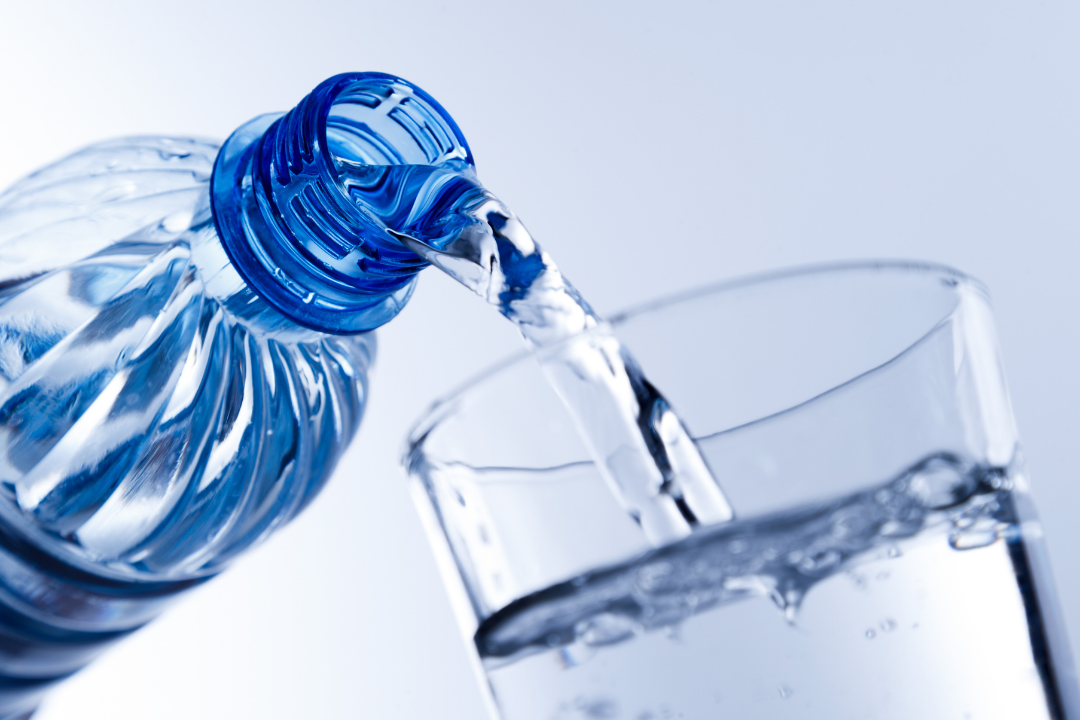

While excessive sun can lead to sunburned lips and other oral health issues, moderate sun exposure can be beneficial.
So, is sun exposure entirely bad for your mouth? Not necessarily! Sunshine is an important source of Vitamin D, which plays a big role in supporting oral health. Vitamin D helps keep our skin strong, supports healthy gum tissue, and may boost cell regeneration for the skin on your lips.
Here’s the key: a balanced exposure of Vitamin D.
Short periods of sun exposure, like 10-15 minutes a few times a week, are usually enough to help your body produce Vitamin D without risking too much UV damage.
This way, you get the benefits of sunlight without exposing your lips and gums to excessive harm. Remember, a little sun is helpful, but too much can lead to the issues we’ve discussed.
Exposure to the scorching sun increases the risk of dry mouth, sunburnt lips, and even oral cancers, making it essential to stay proactive in protecting your oral health.
To enhance your oral health, consider applying a lip balm with an SPF of at least 15, staying consistently hydrated, and wearing a wide-brimmed hat. These simple steps can go a long way in shielding your lips and mouth from the harmful effects of the sun.
Want to start prioritising sun protection when it comes to your oral health? Schedule a general consultation here at Smile Place to receive individualised recommendations on ways to protect your lips and mouth from the sun.
Author Summary – Dr Chitra Rao

Dr. Chitra Rao has over a decade of experience in dentistry, specifically in the field of cosmetic and orthodontic treatments. Dedicated to achieving optimal results, she takes a detailed and personalised approach to creating beautiful, confident smiles for her patients. Outside of dentistry, Dr. Chitra enjoys staying active, traveling, and spending time with her family.

Struggling with bad breath? You’re not alone.
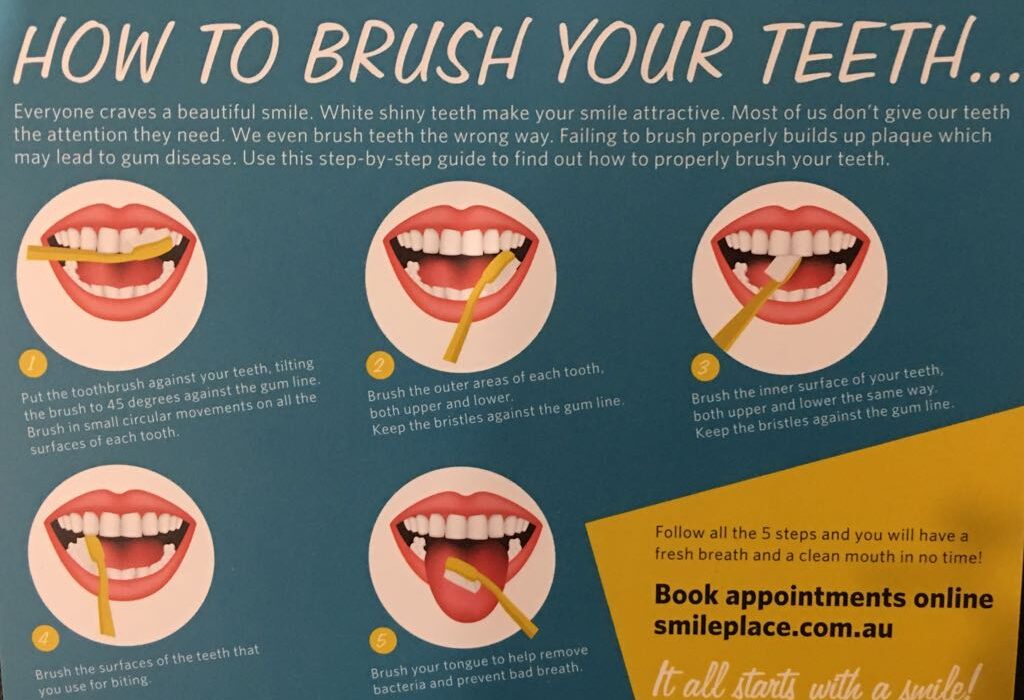
Keep it clean, keep it bright with these simple tips.
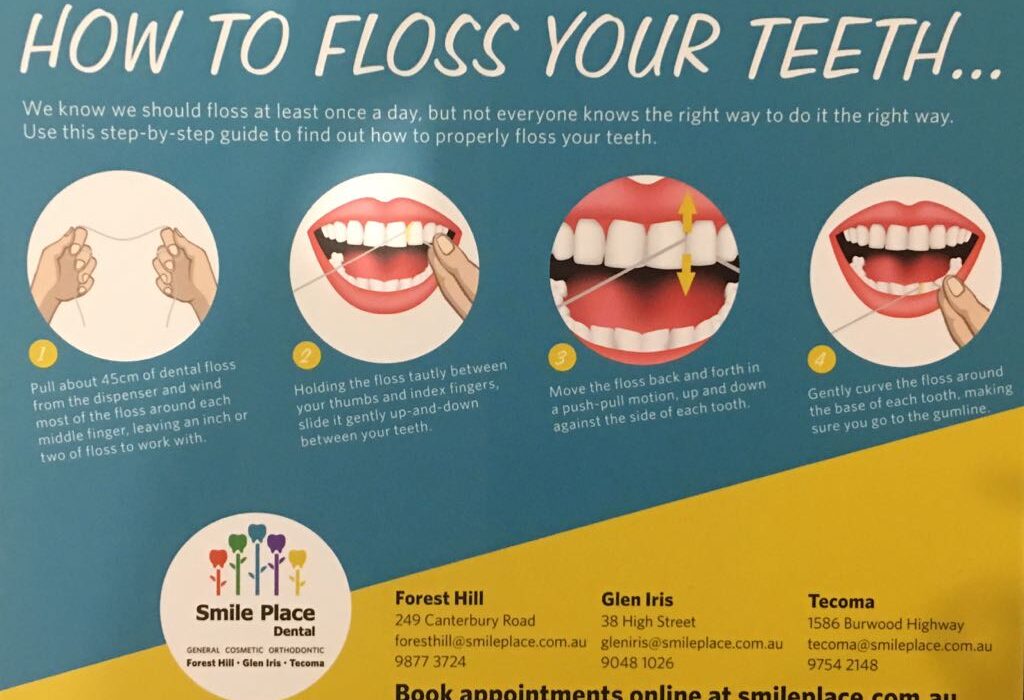
Do you brush twice a day, use a mouthwash, and still struggle with bad breath or surprise cavities? If so, the problem may be caused by inconsistent flossing. Most people skip flossing and those who do floss, often don’t do it right, leaving behind plaque and food debris. The good news? Flossing properly takes just […]